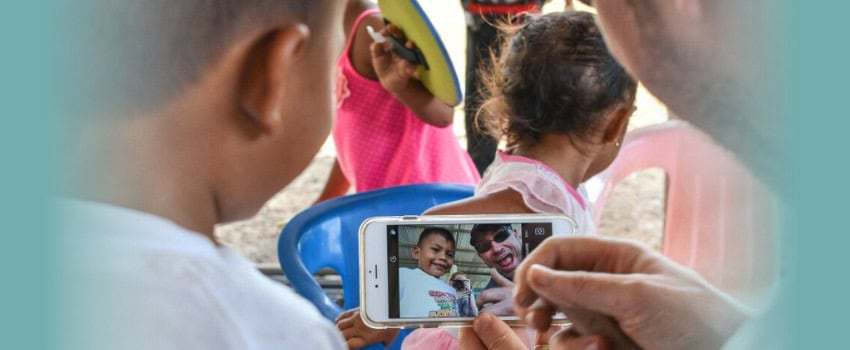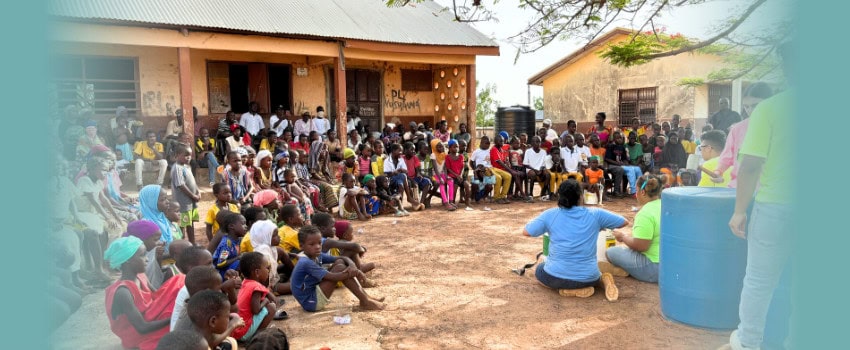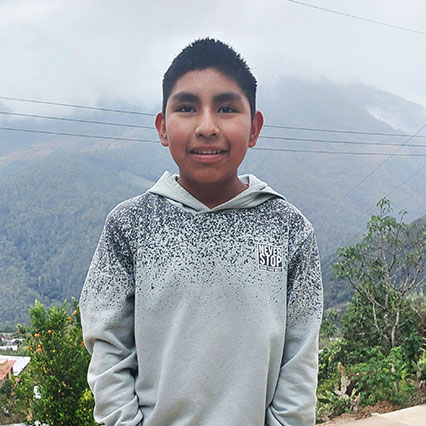
Capturing Connection: Photography on the Mission Field
Photography is more than just a way to document your mission trip—it’s a bridge to connection, a chance to honor the stories of those you encounter. As you step into communities, camera in hand, pause to reflect. Are you capturing moments with care and respect? Are your photos fostering dignity rather than reducing people to subjects?








